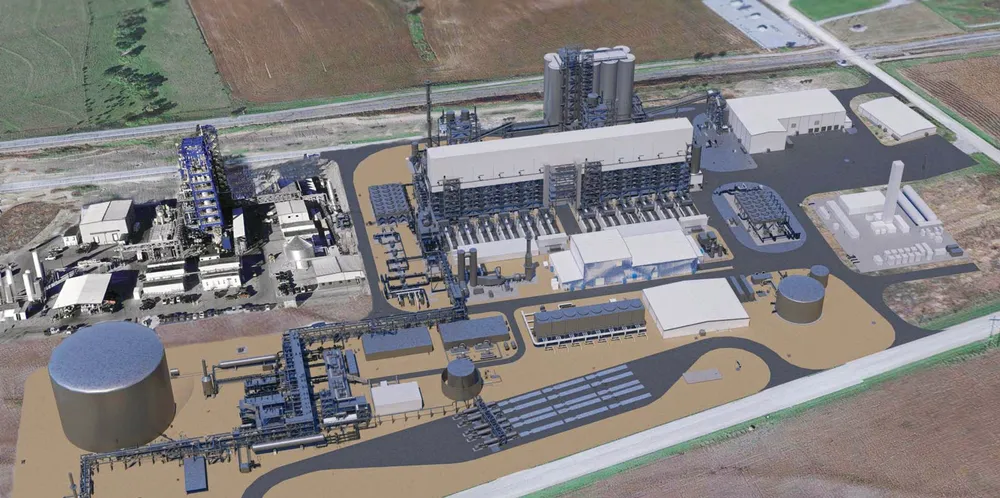Turquoise hydrogen leader awarded $1bn US government loan to expand commercial facilities tenfold
Monolith’s proprietary pyrolysis process converts natural gas into hydrogen and pure carbon with close to zero greenhouse gas emissions

Monolith’s proprietary pyrolysis process converts natural gas into hydrogen and pure carbon with close to zero greenhouse gas emissions
